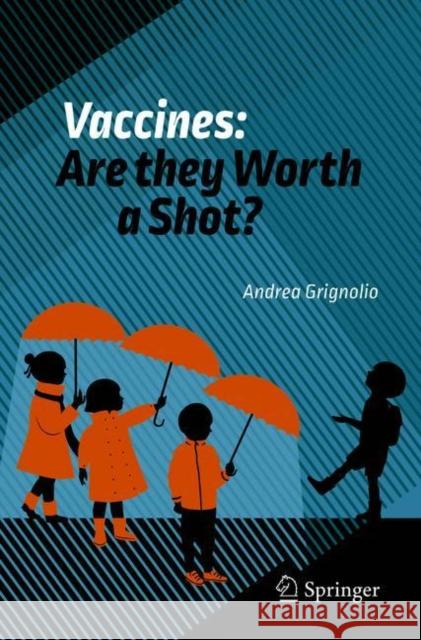Vaccines: Are They Worth a Shot? » książka
topmenu
Vaccines: Are They Worth a Shot?
ISBN-13: 9783319681054 / Angielski / Miękka / 2018 / 181 str.
Kategorie BISAC:
Wydawca:
Springer
Język:
Angielski
ISBN-13:
9783319681054
Rok wydania:
2018
Wydanie:
2018
Ilość stron:
181
Waga:
0.28 kg
Wymiary:
23.39 x 15.6 x 1.07
Oprawa:
Miękka
Wolumenów:
01
Dodatkowe informacje:
Wydanie ilustrowane











